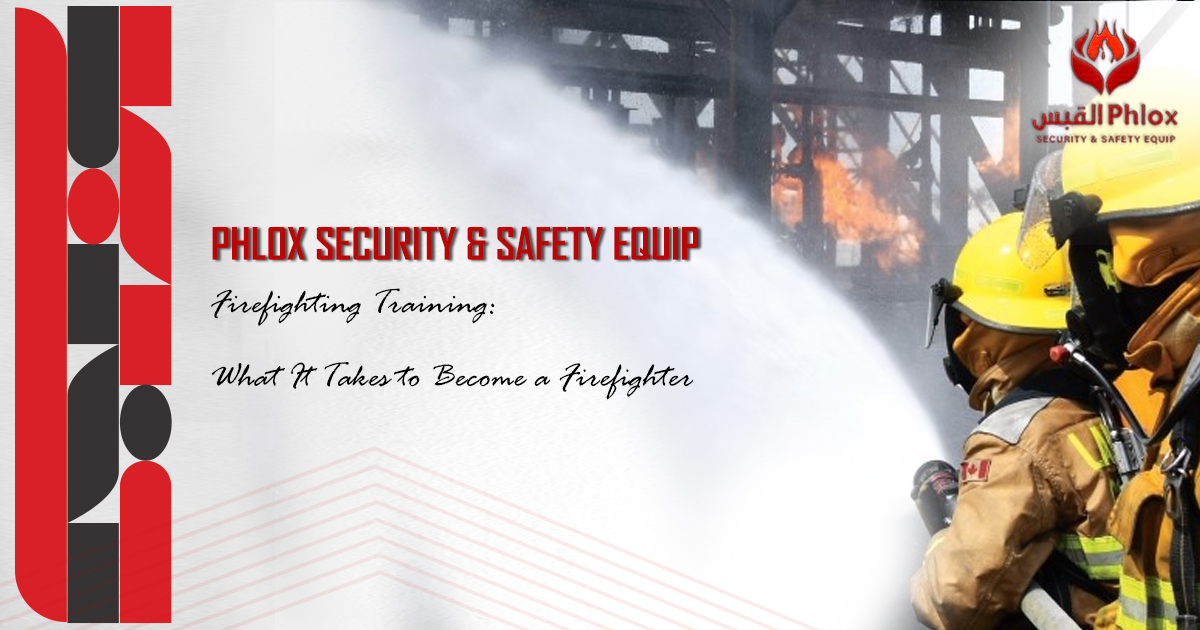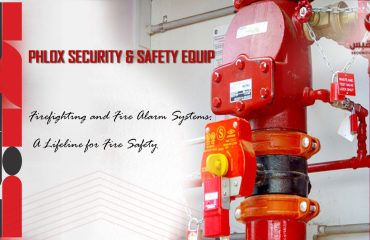
Firefighting Training: What It Takes to Become a Firefighter
Becoming a firefighter is more than just a career choice; it’s a commitment to public safety and a willingness to face the unexpected with bravery and skill. The path to becoming a firefighter involves rigorous training and a diverse skill set, ensuring that candidates are prepared for the physical and mental demands of the job.
1. Basic Requirements:
Before starting formal training, aspiring firefighters typically need a high school diploma or GED. Many fire departments also require candidates to be at least 18 years old and possess a valid driver’s license.
2. Physical Fitness:
Firefighting is physically demanding. Candidates must pass a series of physical fitness tests that assess strength, endurance, and agility. Regular exercise and strength training are essential for meeting these rigorous standards.
3. Fire Academy Training:
Once accepted into a fire academy, recruits undergo intense training that covers a wide range of skills. This includes learning how to operate fire trucks, use hoses, and handle various firefighting tools. Recruits also train in fire behavior, hazardous materials handling, and emergency medical procedures.
4. Classroom Education:
Theoretical knowledge is equally crucial. Recruits study fire science, building construction, and the principles of fire dynamics. Understanding how fires start and spread, and how different materials behave under heat, is critical for effective firefighting.
5. Hands-On Experience:
Practical experience is gained through live-fire training exercises and simulations. Recruits practice emergency response scenarios, including search and rescue operations and fire suppression techniques, in controlled environments.
6. Certification and Licensing:
After completing academy training, candidates often need to pass certification exams to become officially licensed firefighters. Continuing education is also important, as firefighting techniques and safety protocols are continually evolving.
7. Emotional Resilience:
Beyond physical and technical skills, firefighters must possess emotional resilience. The ability to stay calm under pressure, make quick decisions, and support teammates is vital in high-stress situations.
Firefighting is a demanding yet rewarding profession. It requires a blend of physical fitness, technical knowledge, hands-on experience, and emotional strength. Those who successfully complete this training are well-equipped to protect and serve their communities with courage and expertise.



